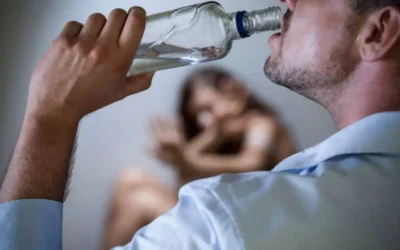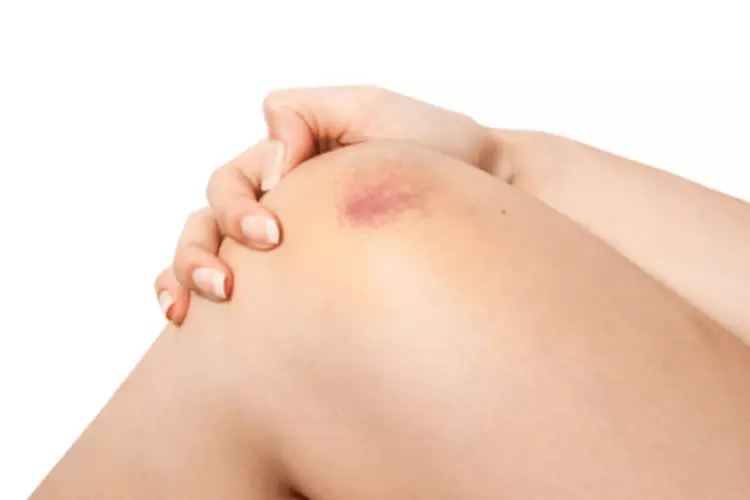How Does Alcohol Affect Dopamine Levels in the Brain?
Food intake modulation can elicit effects reminiscent of those induced by addictive substances such as ethanol and nicotine, which directly enhance VTA neuron firing (Juarez and Han, 2016). Gut stimulation with caloric nutrients prompts significant striatal dopamine (DA) release. Mice consuming high-fat diets fail to display the calorie-dependent DA efflux seen in their low-fat diet counterparts. However, this deficiency in high-fat diet-induced DA release can be corrected by the dietary satiety mediator oleoylethanolamine (Ren et al., 2010; de Araujo et al., 2012; Ferreira et al., 2012). Similarly, it is possible that therapies targeting the gut microbiome, such as probiotics and fecal microbiota transplant, could be viable approaches to treat substance use disorders (Fuenzalida et al., 2021; Pizarro et al., 2021; Wolstenholme et al., 2024).
- Finally, the clinical efficacy of these agents is limited [5], possibly due to the heterogeneous nature of the disorder and the complex neurochemical mechanisms underlying alcohol dependence.
- Opioid peptide antagonists would interfere with this process, thereby reducing dopamine release.
- The three diets we tested, namely, LD5001, LD5053, and TL2019S, have numerous differences in macro- and micronutrient compositions (Table 1).
- And if you have one too many alcoholic drinks, you may start to slur your speech and have trouble walking in a straight line — and that’s all before dealing with a hangover the next day.
I want to get healthier
Alcohol vs Weed: How Similar Are Their Effects on the Body? – DISCOVER Magazine
Alcohol vs Weed: How Similar Are Their Effects on the Body?.
Posted: Wed, 07 Dec 2022 08:00:00 GMT [source]
Our counseling staff provides individualized treatment and care for our clients with an emphasis on tailoring treatment to the specific needs of each individual. Additionally, our staff provides family counseling, relapse prevention, life skills, and grief and trauma counseling. The good news is that within a year of stopping drinking, most cognitive damage can be reversed or improved.
View all posts by Beverly Merz
To achieve the same effect, however, this administration route requires higher alcohol doses than does alcohol injection directly into the blood. Alcohol-induced changes in brain functions can lead to disordered cognitive functioning, disrupted emotions and behavioral changes. Moreover, these brain changes are important contributing factors to the development of alcohol use https://ecosoberhouse.com/ disorders, including acute intoxication, long-term misuse and dependence. Dopamine release in the NAc shell may be instrumental in the development of alcohol dependence. Psychological dependence on alcohol develops because alcohol-related stimuli acquire excessive motivational properties that induce an intense desire to consume alcohol-containing beverages (i.e., craving).

Get the latest in health news delivered to your inbox!
Repeated bouts of intoxications will overtime downregulate the dopamine activity in the mesocorticolimbic pathway, leading to an increased risk of developing alcohol dependence and other impulse control disorders. It has also been hypothesized that in vulnerable individuals (e.g. those with a family history of alcohol dependence), the proneness to develop an addiction is higher since they are born with a reduced number of dopamine D2 receptors in mesocorticolimbic pathway, leading to the alcohol dependence [18, 13]. Further, it has been speculated that this dopamine deficiency is responsible for driving craving and compulsive drinking and contributes to relapse even after a period of protracted abstinence [18, 19].
x-on:slide-change.window=”currentIndex = $event.detail.currentIndex”
At low doses, bromocriptine can reduce alcohol consumption in animals [171]; it is possible that low‐dose dopamine agonists preferentially augment autoreceptor function, thereby decreasing dopamine turnover and blunting the rewarding effects of alcohol. An early double‐blinded study [172] reported that bromocriptine reduced alcohol craving in alcohol‐dependent patients with a specific genotype of the dopamine D2 receptor gene (i.e. the A1/A1 and A1/A2 genotypes). However, subsequent double‐blind placebo‐controlled trials found no effect on relapse or related behaviours [173, 174]. Currently, due to the knowledge of the addictive potential of dopamine agonists, combined with the lack of consistent findings from clinical studies, it is suggested that dopamine receptor agonists do not hold promise as a treatment for alcohol dependence. Dopamine D2 receptor antagonists have been studied in human laboratory studies involving alcohol administration in dependent individuals and found to be effective in reducing craving. In a laboratory study involving 16 individuals with alcohol abuse and/or dependence, the D2 antagonist haloperidol was compared to placebo.

- One possible explanation for these discrepancies may be that most preclinical studies to‐date have used forced alcohol administration which introduces an element of stress and artefact into the experiment, casting doubt on the applicability to our understanding of human alcohol dependence.
- Opioid peptide antagonists act primarily on a brain area where dopaminergic neurons that extend to the NAc originate.
- This review summarizes some of the characteristics of dopaminergic signal transmission as well as dopamine’s potential role in alcohol reinforcement.
- This rather specific distribution pattern of dopaminergic neurons contrasts with other related neurotransmitter systems (e.g., serotonin or noradrenaline), which affect most regions of the forebrain.
- Since that time, it has developed into the largest, independent non-profit foundation in North America devoted solely to funding research on the effects of alcohol on health and behavior, and to the prevention of problems related to alcohol abuse.
Previous research about the neurobiochemisty of alcohol dependence has focused on the DA system, but many of the findings have been contradictory. Further research aimed at clarifying the interaction between the DA system, the glutamatergic system and other neurotransmitter systems is needed before it will be possible to improve the effectiveness of interventions for preventing and treating alcohol dependence. You might not recognize how much you drink alcohol and dopamine or how many problems in your life are related to alcohol use. Listen to relatives, friends or co-workers when they ask you to examine your drinking habits or to seek help. But they may put themselves or others in danger by drinking and driving, having risky sexual encounters, or blacking out, Benton says. The classic picture of someone with alcohol use disorder is someone who always drinks too much and whose life is falling apart because of it.
